US colleges and universities have asked international students to return to the US before the inauguration of Donald Trump. According to estimates, it is the 4,00,000 international students who are undocumented who may face serious problems. Students on F-1 and J-1 Visas are unlikely to face any problems. Significantly, during the election campaign, Trump had even mooted the idea of Green Cards to international students who graduate from US universities.
US colleges and universities have asked international students to return to the US before the inauguration of Donald Trump – which is on January 20, 2025. Trump, who will take over as the 47th President of the United States, and his advisers have unequivocally stated that undocumented immigrants will be deported back once the new dispensation takes over. Tom Homan — one of the architects of Trump’s immigration policies, including the travel ban on individuals from certain countries during Trump’s previous tenure as president — has been appointed as the “border czar”. He has even stated that immigration is: “the biggest national security vulnerability this nation has seen since 9/11 and we have to fix it.”
Among the higher education institutions that have issued a note of caution to international students is Trump’s alma mater, the University of Pennsylvania (Trump graduated from the Wharton School of Business, UPenn in 1968). Said a statement issued by the International Students and Scholar Services website: “If there are changes to US re-entry policies which may possibly occur during a change in administration, we will provide updates as needed …To avoid any unexpected issues, we advise returning prior to the presidential inauguration on 1/20/2025.”
Other universities that have cautioned students to return to the US before Trump’s inauguration are Wesleyan University, the University of Massachusetts (Amherst), and Cornell University.
International students who are on F-1/J-1 visas are unlikely to face any problems. According to estimates, it is the 4,00,000 international students who are undocumented who may face serious problems.
International students who are on F-1/J-1 visas are unlikely to face any problems. According to estimates, it is the 4,00,000 international students who are undocumented who may face serious problems. International students in the US make a significant contribution to the US economy. In 2023-2024, apart from contributing nearly $44 billion to the economy, international students also helped create 3,78,000 jobs according to NAFSA: Association of International Educators. Apart from this, many of these students stay back in the US and contribute to the economy via their successes in several spheres including research, innovation, and entrepreneurship – this point has been acknowledged by Trump himself.
Indian students account for 29% of the international student community. It would be pertinent to point out that in 2023-2024, for the first time, Indian students outnumbered Chinese students. With Canada, Australia and the UK seeking to check the inflow of international students, the US may emerge as the undisputed choice for Indian students seeking to pursue higher education overseas.
Also Read: ‘Maximum Pressure’ on Iran: The Trump Redux?
Post the outbreak of COVID-19 and the passage of a national security law in Hong Kong, the Trump administration took further measures to restrict Chinese students and researchers with links to China’s military
As mentioned earlier, students on F-1 and J-1 Visas are unlikely to face any problems. Significantly, during the election campaign, Trump had even mooted the idea of Green Cards to international students who graduate from US universities. Said Trump: “What I will do is, you graduate from a college, I think you should get automatically, as part of your diploma, a green card to be able to stay in this country,”
Track record of Trump during his first tenure regarding immigration
One of the first executive orders signed by Trump during his previous tenure as President was a travel ban on 7 countries – Iran, Iraq, Libya, Somalia, Sudan, Syria, and Yemen. The Obama Administration had earlier imposed limited restrictions on travellers from Iran, Iraq, Sudan, or Syria and also later added Libya, Somalia, and Yemen. In 2020, Trump added six countries namely Nigeria, Myanmar, Eritrea, Kyrgyzstan, Sudan and Tanzania to the travel ban.
Trump had also said that almost every Chinese student who visits the US is a “spy”. Trump had introduced several changes to the existing student visa regime, the aim was to reduce the inflow of Chinese students – especially in the Science, Technology, Engineering and Mathematics (STEM) disciplines. Post the outbreak of COVID-19 and the passage of a national security law in Hong Kong, the Trump administration took further measures to restrict Chinese students and researchers with links to China’s military – The People’s Liberation Army, PLA. These restrictions were part of the “Proclamation on the Suspension of Entry as Non-immigrants of Certain Students and Researchers from the People’s Republic of China”.
Also Read: Golden Visas, H-1B, Restrictionism: The Immigration Crossroads in a Trumpist World
In conclusion, while most students are unlikely to face significant problems, students from China could find it tougher to secure admission to certain courses. Some of Trump’s policies may also impact the US job market for international students from certain disciplines. Apart from this, the Trump Administration may keep a closer watch on students from certain nationalities. While it is the job of US universities to warn international students lest they face problems once Trump takes over as President, it is unlikely that most international students studying at higher education institutions are likely to face any issues.
Disclaimer: The views expressed in this article are of the author solely. TheRise.co.in neither endorses nor is responsible for them. Reproducing this content without permission is prohibited.
About the author
Tridivesh Singh Maini is a New Delhi-based Policy Analyst. He is faculty member of OP Jindal Global University, Sonepat, Haryana.

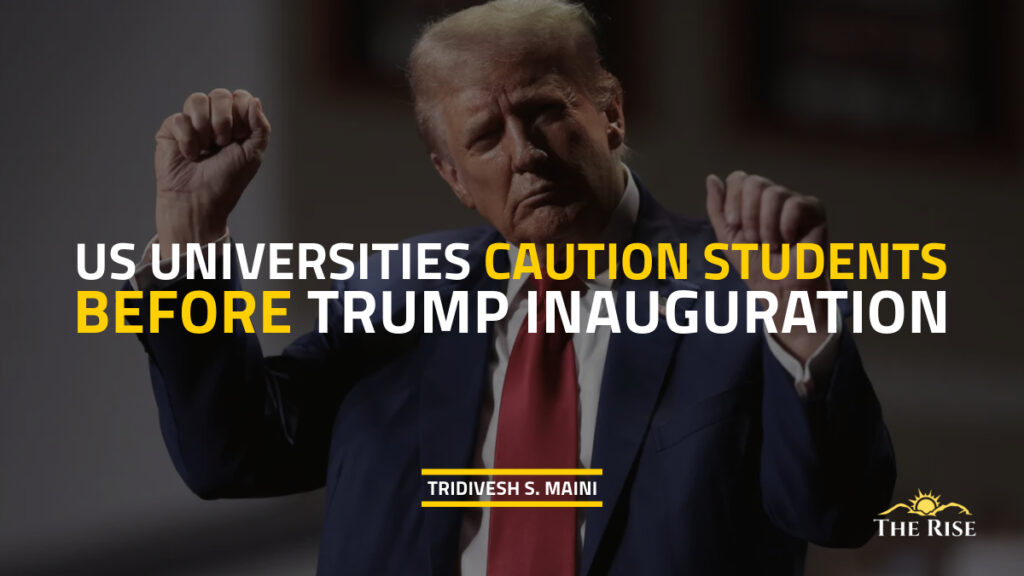

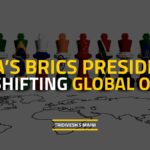

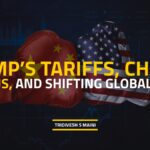






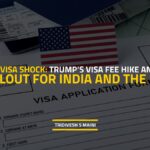
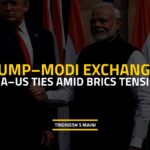
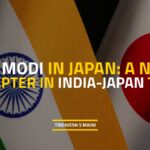

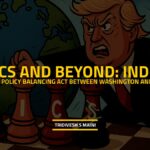

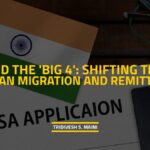
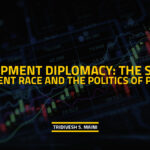




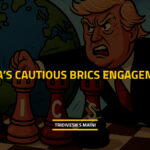
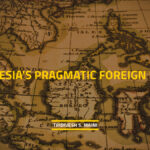

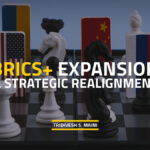


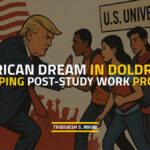


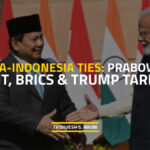

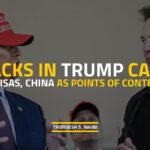
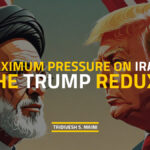
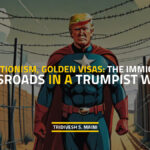
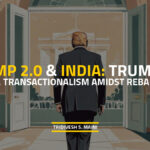

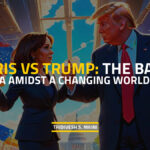





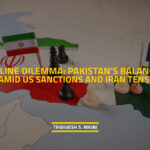
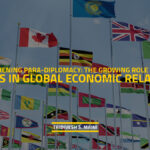

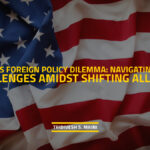
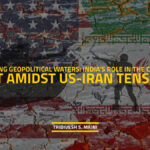
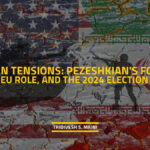



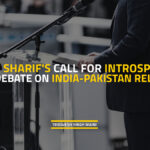



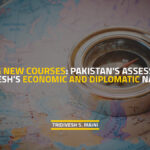




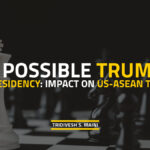



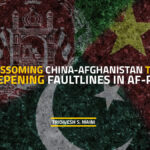
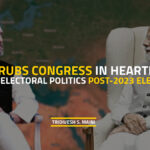
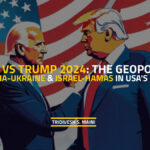




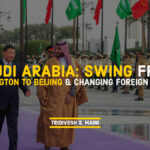


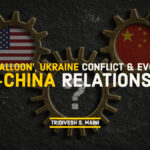
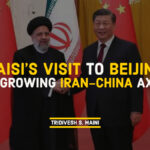
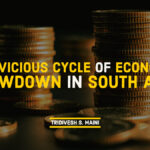
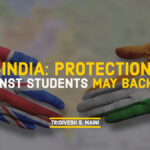


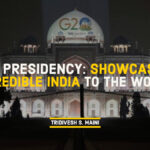


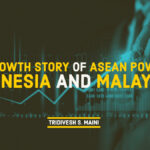


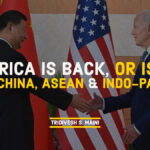
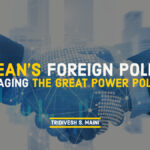
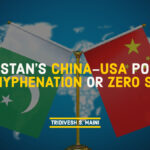




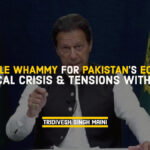


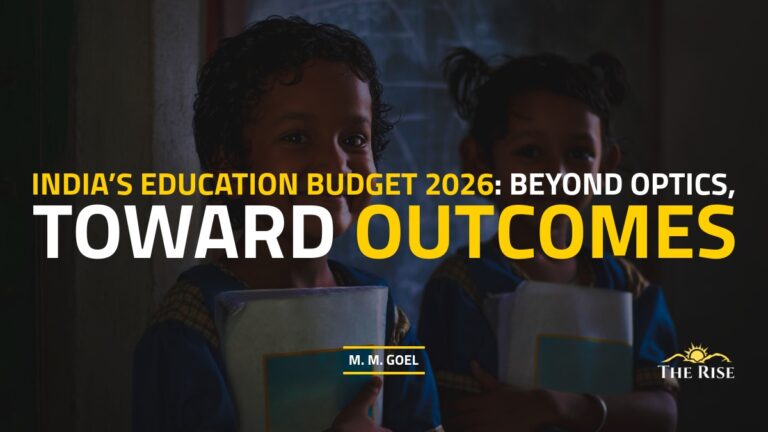
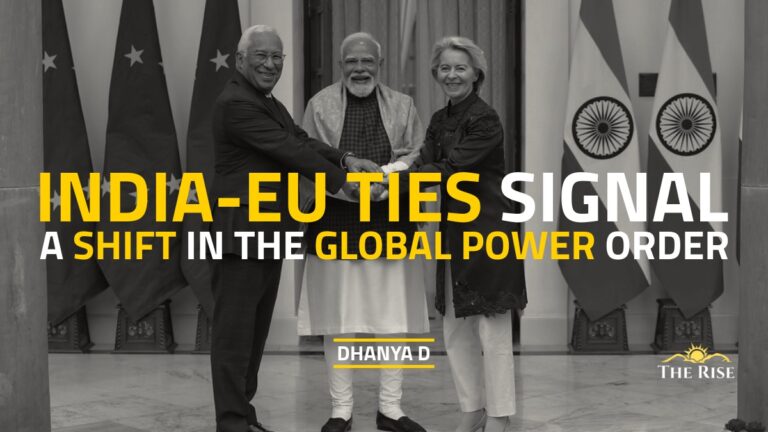

Pingback: Bangabandhu's Legacy Under Threat: Undermining Sheikh Mujibur - TheRise.co.in
Pingback: Cracks in Trump Camp: H-1B Visas, China as Points of Contention - TheRise.co.in
Pingback: American Dream in Doldrums: Scrapping OPT to Dent Universities?